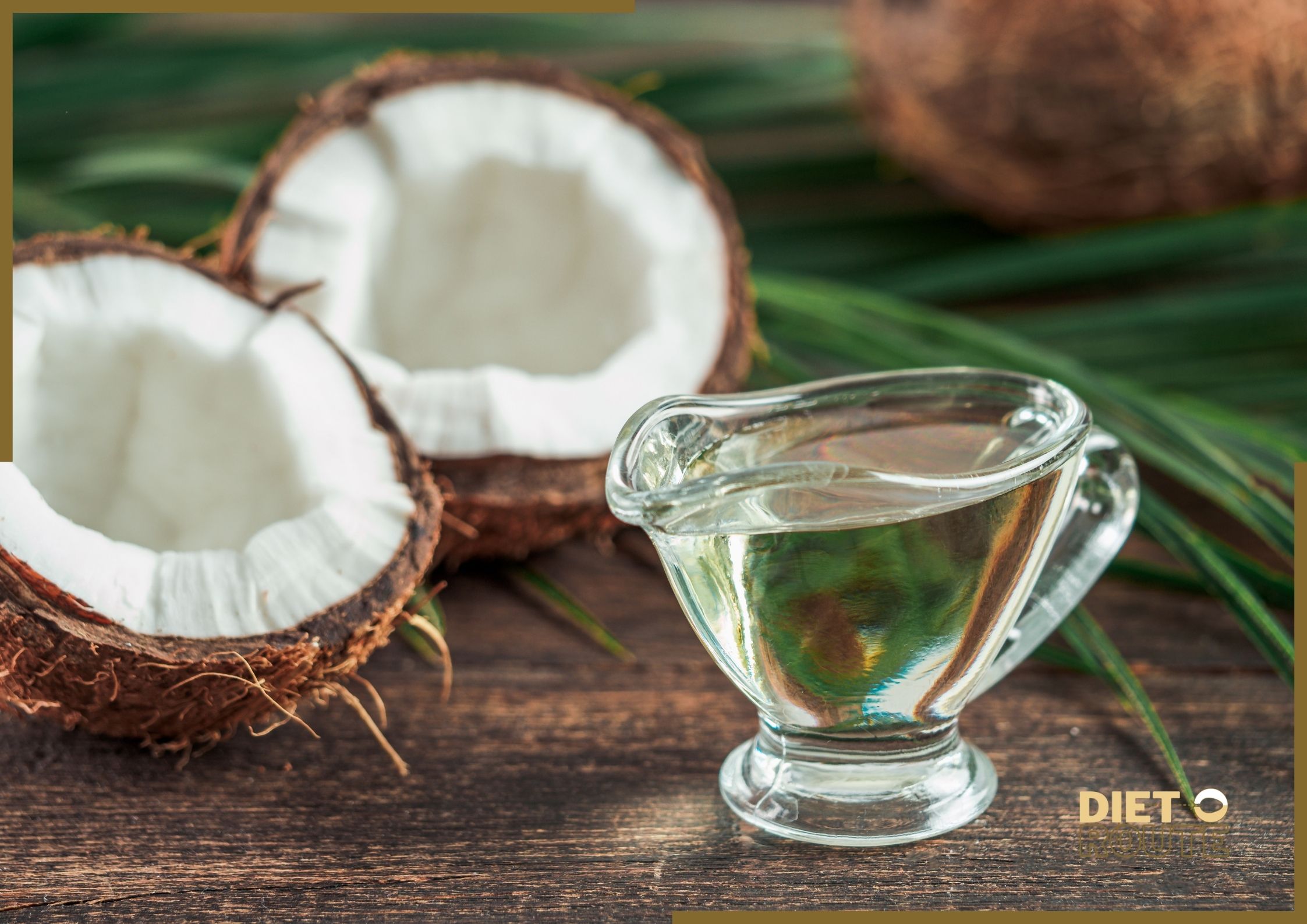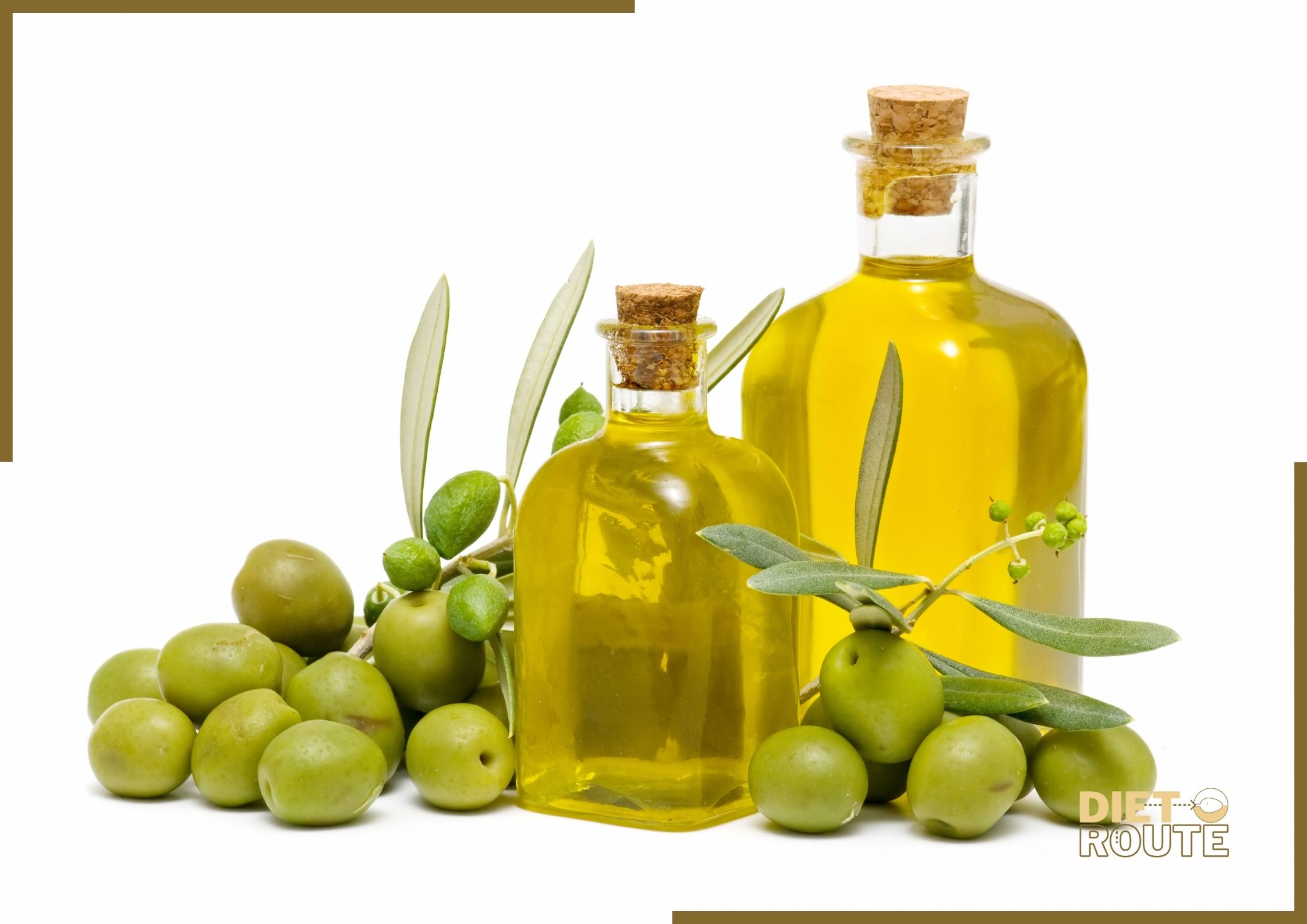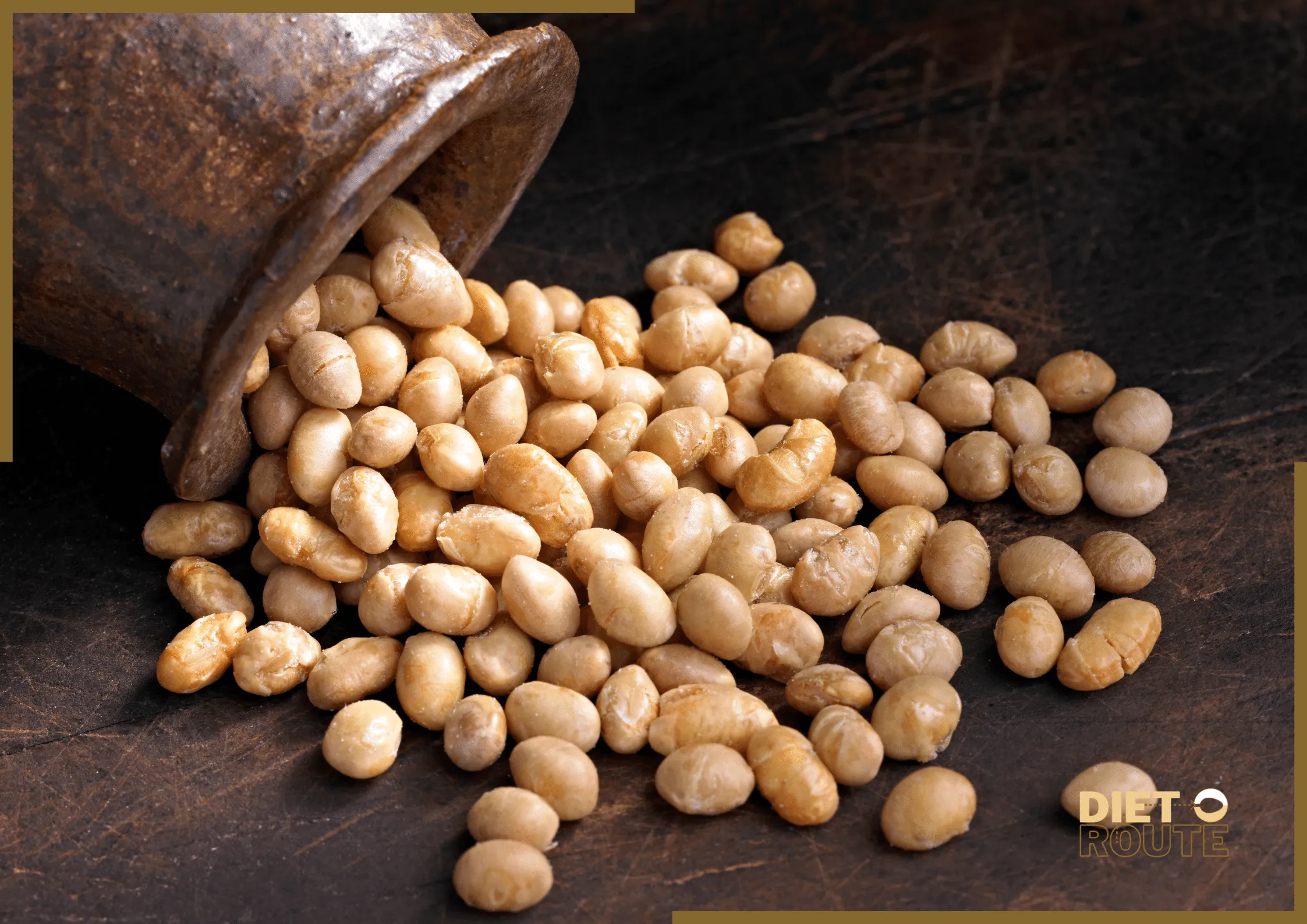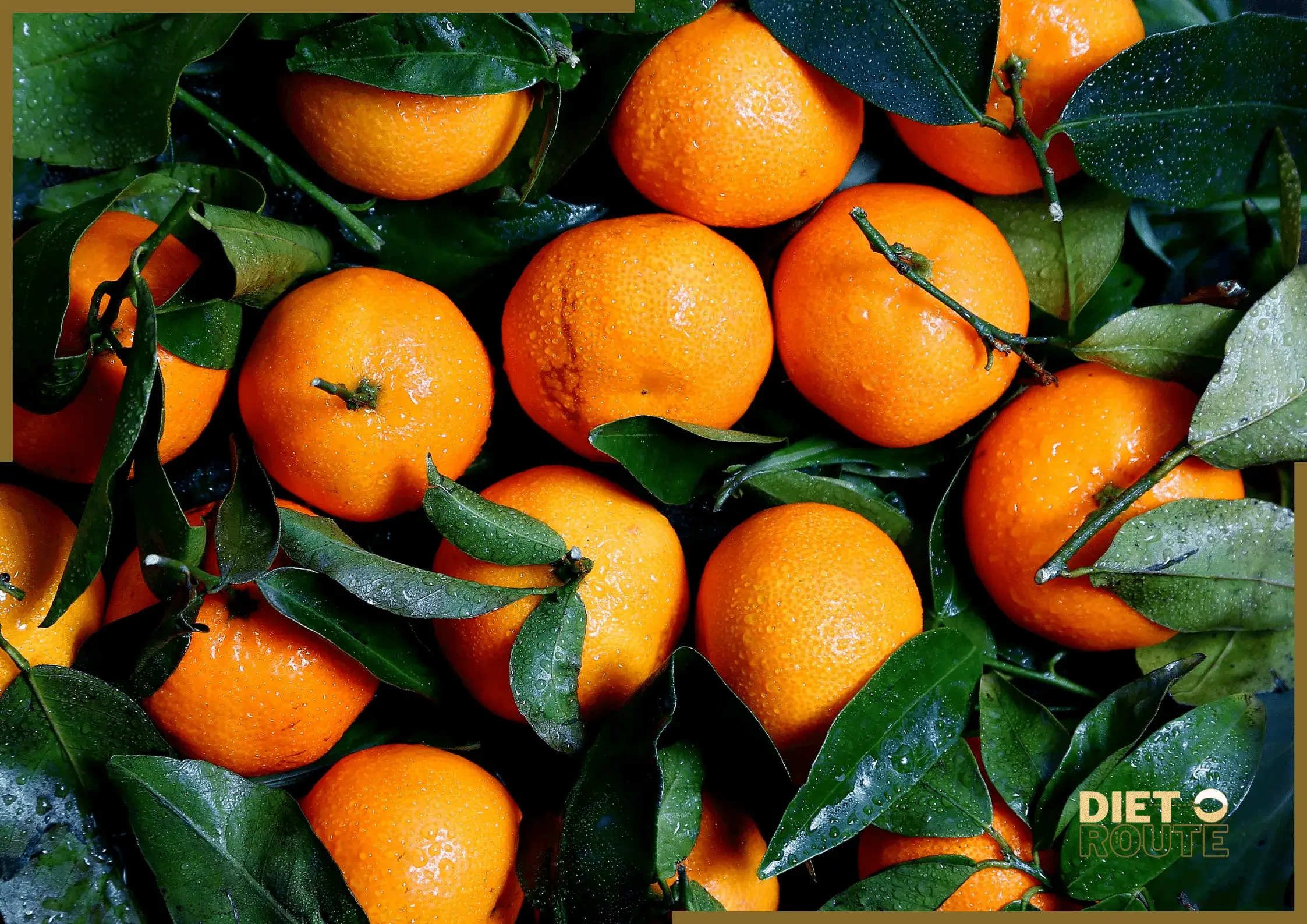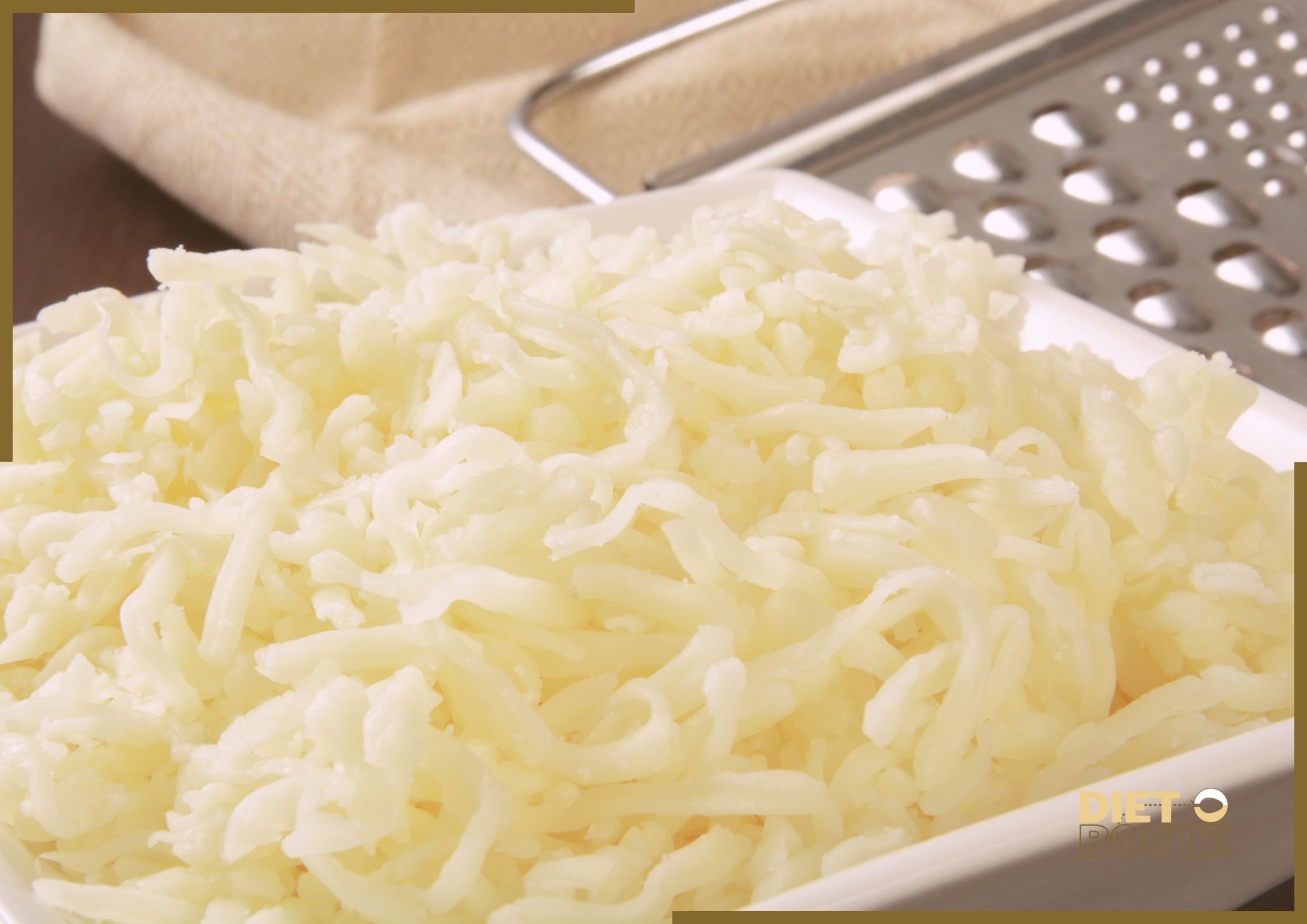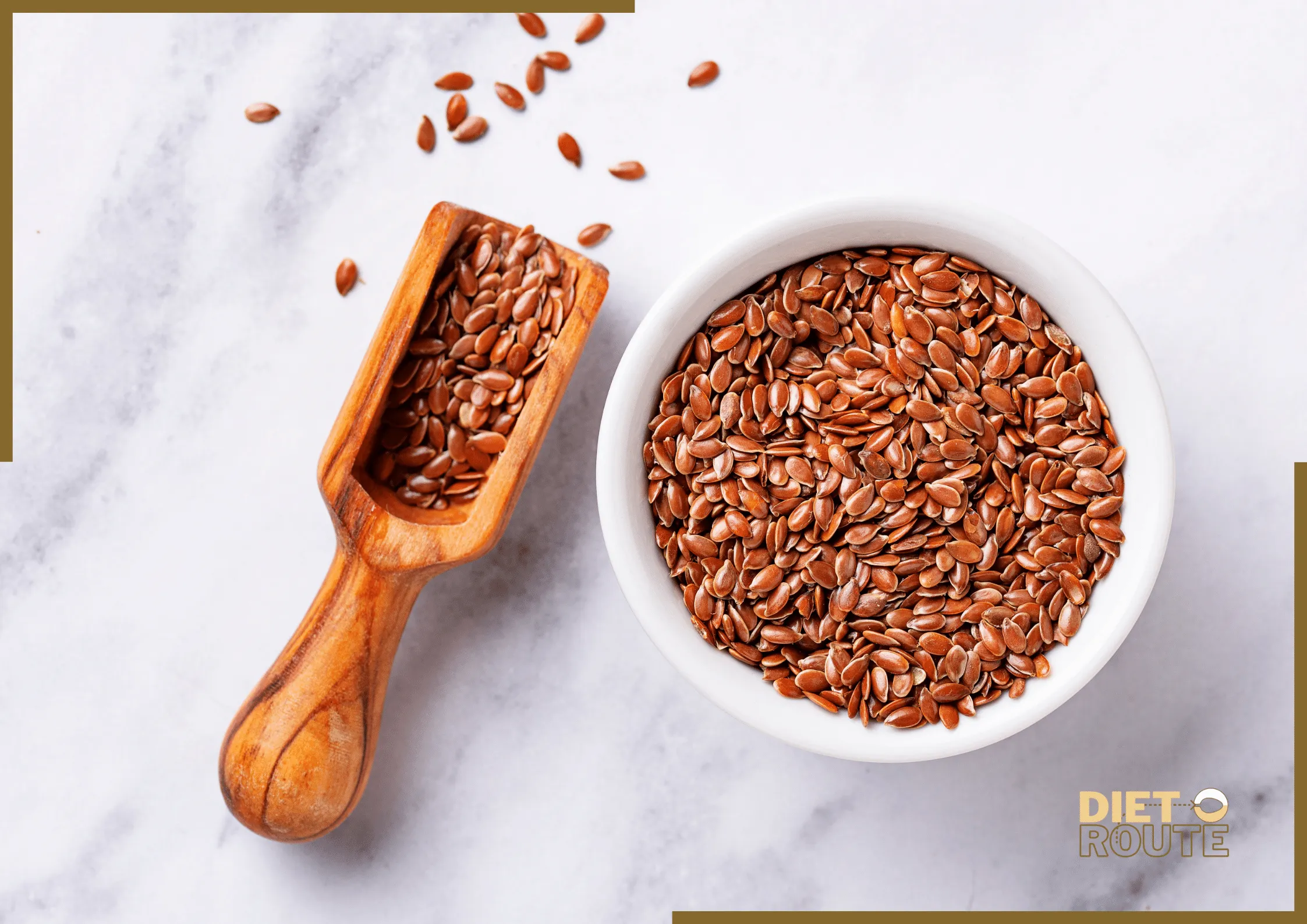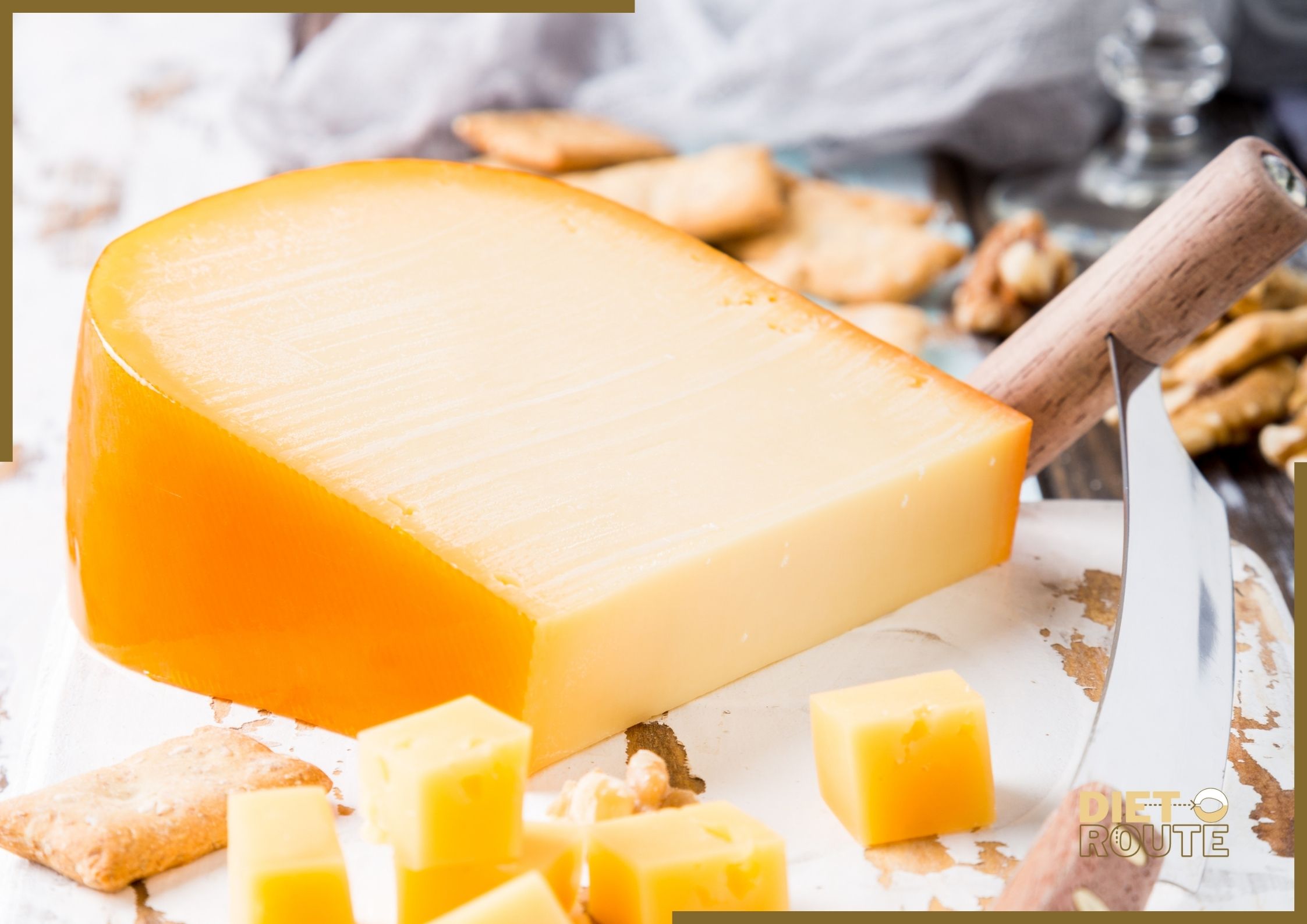Table of Contents
Introduction
Edible coconut oil is a famous cooking oil that has a unique taste and may be good for your health. In this article, we will discuss the pros and cons, answer frequently asked questions, and help you understand the role in a healthy diet. We will also provide a table showcasing its nutritional profile per 100 grams.
Nutritional Value Approximately 100g
Coconut Oil
| Nutrient | Amount Per Serving (1 tablespoon) | % Daily Value |
|---|---|---|
| Calories | 120 | 6% |
| Total Fat | 14g | 18% |
| – Saturated Fat | 12g | 60% |
| – Trans Fat | 0g | |
| Cholesterol | 0mg | 0% |
| Sodium | 0mg | 0% |
| Total Carbohydrates | 0g | 0% |
| – Dietary Fiber | 0g | 0% |
| – Sugars | 0g | |
| Protein | 0g | 0% |
| Vitamin E | 0.2mg | 1% |
Extra Virgin Coconut Oil
| Nutrient | Amount Per Serving (1 tablespoon) | % Daily Value |
|---|---|---|
| Calories | 120 | 6% |
| Total Fat | 14g | 18% |
| – Saturated Fat | 12g | 60% |
| – Trans Fat | 0g | |
| Cholesterol | 0mg | 0% |
| Sodium | 0mg | 0% |
| Total Carbohydrates | 0g | 0% |
| – Dietary Fiber | 0g | 0% |
| – Sugars | 0g | |
| Protein | 0g | 0% |
| Vitamin E | 1.1mg | 7% |
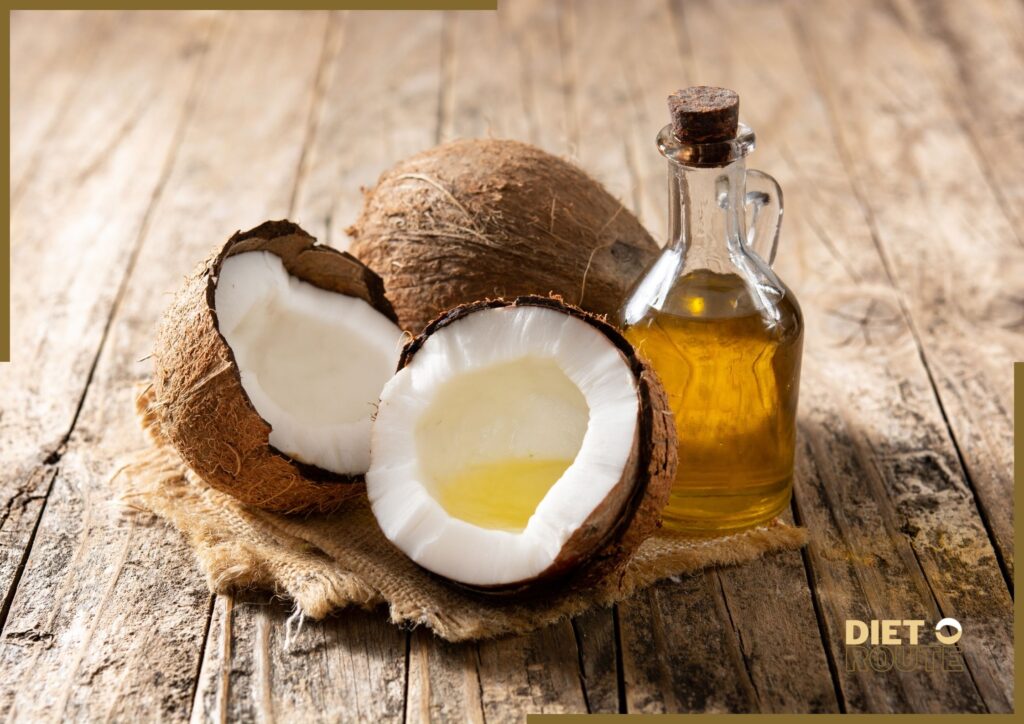
Pros
1. Medium-Chain Triglycerides (MCTs):
Coconut oil has a high concentration of MCTs, which are easy to process and may give the body a quick source of energy.
2. Possible Health Benefits:
Some studies show that it may have antibacterial and anti-inflammatory qualities, help people lose weight, and improve heart health markers.
3. Versatile Culinary Ingredient:
It is a versatile culinary ingredient that can be used in cooking, baking, and frying to give food a unique taste.
4. Stable at High Temperatures:
It has a high smoke point, making it suitable for cooking methods that require high heat.
Cons:
1. High in Saturated Fat:
It is high in saturated fat, which, when consumed in excess, may raise the chance of cardiovascular diseases. The key is moderation.
2. High in calories:
Like all fats, it has a lot of calories. To avoid going over your daily calorie intake, it’s important to consume it in moderation.
Frequently Asked Questions (FAQ)
1. Is Coconut Edible Oil Suitable for a Vegan Diet?
Yes, it is made from plants and is suitable for vegetarians and vegans.
2. Can coconut oil be substituted for other oils when baking?
Yes, you can substitute it for butter or other oils when baking. But it may give the end product a hint of coconut flavor.
3. Is edible coconut oil good for your skin and hair?
Because it keeps skin and hair wet, a lot of people put the oil on their skin and hair. But different people may get different effects.
4. Can coconut oil help you lose weight?
Some studies show that the MCTs in this oil may help people lose weight, but it is not a magic bullet. A well-balanced diet and routine exercise are the keys to keeping your weight in check.
5. Can coconut oil be stored at room temperature?
The answer is yes; it can be stored at room temperature. In cooler temps, it may harden, so it’s important to melt it before using it.
6. Does edible coconut oil have a lot of vitamins and minerals?
Itl doesn’t have a lot of vitamins and minerals in it. The fatty acids in it are what give it most of its nutritional value.
7. Is it safe to consume edible coconut oil every day?
The majority of individuals can safely consume in moderation as part of a well-balanced diet.
8. Can oil pulling be done with coconut oil?
Coconut oil can be used for oil pulling, a technique that involves swishing oil around in the mouth. But there isn’t a lot of scientific proof that it is good for oral health.
9. Is the smoke point of edible coconut oil high?
Yes, edible coconut oil has a fairly high smoke point, making it suitable for a variety of cooking techniques, such as sautéing and stir-frying.
10. Can individuals who are allergic to nuts consume coconut oil?
Individuals with nut allergies should not generally avoid coconut because it is not a natural nut. But if you are worried, you should talk to a health care provider.
In a Nut Shell
Edible coconut oil is a cooking oil that can be used in many different ways and has unique nutritional qualities. Even though it is high in saturated fat, it also has good MCTs and might be good for your health. Adding coconut oil to a healthy, well-balanced diet can be fun and give you more options when cooking. When making dietary decisions, keep in mind to consume them in moderation and to think about your own health.
